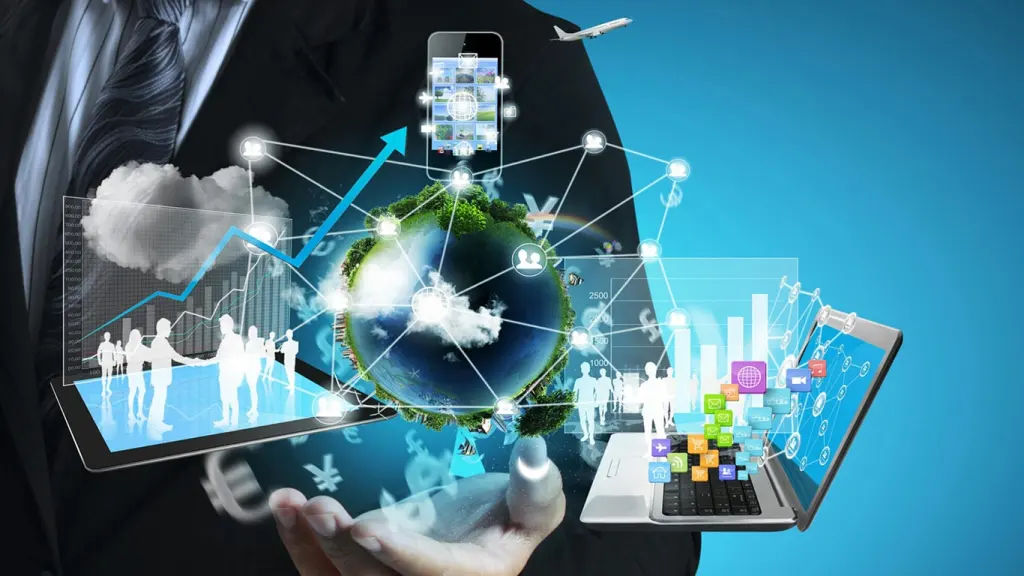Why Scientists Are Important
When discussing human civilization, science emerges as a principal pillar. Its impact can be felt throughout history and continues to serve as a foundation for new advancements like AI. Science plays a huge role in bolstering innovation throughout the world, reshaping the way the world operates: from medicine and social structures to technology and even the environment, it is al omnipresent. Modern humanity owes a lot of its conveniences to science, and the development of its technologies gives us another reminder that the power of science indeed is enormous. Equally important to note is that science acts as a double-edged sword because not using it properly brings its own series of problems and issues. What is Science Loosely defined, science includes any systematic observation, and experimentation, alongside analysis of the given problem in a rational manner. Science observes the world around us but with the use of logic, hypothesis, and proof rather than faith, belief, and suggestion. It is divided into certain branches: physics, chemistry, biology, astronomy, and social sciences. Each has a particular section of the planet they strive to gain knowledge about. As such, through scientific inquiry, humans who once dwelled in heavily forested areas gained a better understanding of nature, the universe, and to some extent even themselves. Science in Everyday Life Science is a crucial element in our daily life but not as apparent as it might seem. Everything we do, from the time we wake up to the time we sleep, involves science at every level. It includes scientific research developed modern facilities like electricity, the internet, smartphones, and transportation. The clothes we wear, the food we eat, and the water we drink are affected due to scientific progress. As an illustration, the science industry constructs techniques to enhance crop production in the agriculture sector, make better soil, and control pests. The scientific field also makes sure that there us nutrition and food security when it comes to the food production industry. Music, films, and even video games have greatly benefitted from use of science and technology in the entertainment and art industry. Technological Advancement in Medicine One of the major issues that people seem to struggle with is medical attention which requires science and technology. With the help of scientific research, vaccines, antibiotics, and even life-saving medicines have been created which has certainly raised the life expectancy, as well as the overall quality of life. Science has also helped eradicate or almost completely remove diseases like smallpox, polio, and measles. The modernization of medicine stems from benefits like diagnostic examination tools such as X-rays, MRIs, and CT scans which assist in early disease diagnosis. Scientific research and development directly impact the advancement of surgical methods, chronic disease prosthetics, and cancer, diabetes, and heart disease treatment. In addition, the vaccine and treatment development during the recent COVID-19 pandemic showed how science must be practiced effectively and urgently. The collaborative vaccine creation and distribution process executed by scientists across the world revealed the result of scientific investigation in regard to international health disasters. Science and Technology Science and technology work together as a team that builds advancements in the fields of communication, transportation, computing, and many others. The internet, artificial intelligence, and space science are gifts of scientific research. It can be noted that science has an impact on technology in the following ways: Communication: The integration of mobile phones, the internet, and satellite communication has advanced telecommunications allowing the world to be connected. Transportation: From automobiles to airplanes, science has made the globe easily and rapidly accessible around the world. Space Exploration: Examining the earth and beyond was made possible by the advancement of science. Heating the moon, building satellites for easing weather forecasts, positioning systems, and environmental protection monitoring was also made possible. Environmental science and Sustainability Understanding how different processes simultaneously interact comes from scientific knowledge which helps us untangle problems such as climate change, pollution, deforestation, and loss of biodiversity. Scientists all over the globe are putting together pieces to understand our world. An environmental scientist studies the dynamics of the ecosystem and climate as well as implements sustainable practices that help reduce damage to our planet. Developments in science have given rise to renewable sources of energy such as wind, solar, and hydroelectric power, decreasing reliance on fossil fuels and carbon emissions. Other actions such as recycling, waste management along with conservation efforts has also stemmed from advancements in the scientific world. In addition, science now plays a larger role in preparing for managing disasters. Earthquakes, hurricanes, and tsunamis can be scientifically predicted and an early warning saves millions of lives as well as reducing the damages. Science in Education, Human Development Apart from policies, science now dominates the tertiary level of education as well. Negative impacts aside, teaching science has positive effects as students are guaranteed to develop their search, problem-solving skills, and critical ability to think. Science is needed for creating new modern-day solutions to problems which will ensure that the younger generations will be ready to perform in the future for the world. The research done in psychology and neuroscience has widened our understanding of how humans behave, learn, and treat mental illnesses. Most of this is implemented in teaching, health, and occupational productivity to facilitate human well-being development. Economic Growth and Scientific Research Innovation and scientific research form the backbone of any developing economy. The investment in research and technological development by a country always ensures faster economic growth. Heavily scientific-dependent industries like engineering, information technology, biotechnology, and pharmaceuticals are expanding at an enormous pace. Creating job opportunities, attracting investments, and gaining competitiveness in the global market are goals of nations that give precedence to scientific research. These science-driven economies undergo numerous changes like infrastructural improvements, better healthcare facilities, and betterment in the overall quality of life. Science’s Challenges and Ethical Considerations One of the greatest threats is ethics. With the free misuse of scientific knowledge comes environmental destruction, and nuclear and cyber threats. Ethical considerations










